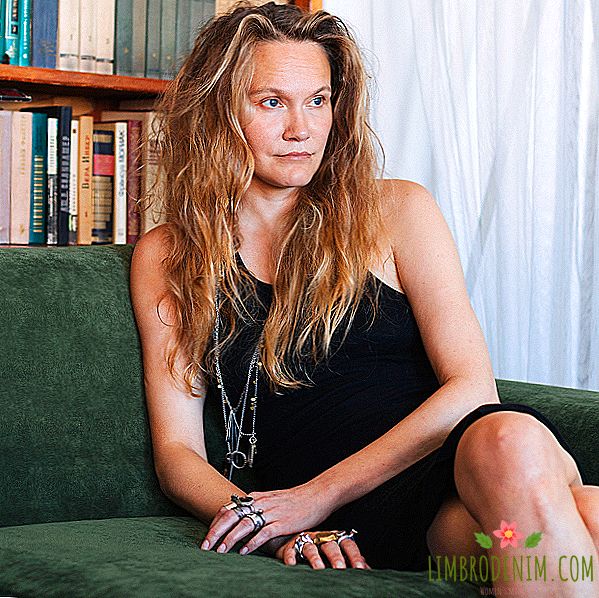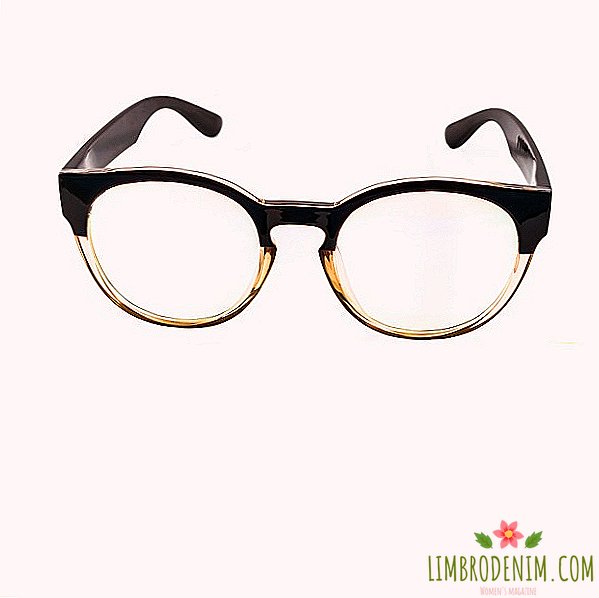Leaving - go: Why is it so difficult to part with homeopathy
A couple of days ago, a special commission of the Russian Academy of Sciences recognized homeopathy pseudoscience and formed new recommendations for the sale of homeopathic medicines. Although direct harm (as well as benefit) of homeopathic remedies has not been proven, the RAS Memorandum says about significant indirect risks: preferring homeopathy, patients neglect the remedies with proven effectiveness, which can lead to complications and even death. We tried to figure out why non-scientific methods of treatment have remained popular for centuries.

Homeopathy is not painful
In the book "Neither the wallet nor life. Non-traditional medicine under investigation" describes several historical ups and downs of homeopathy. Actually, it appeared at the end of the 18th century, when conventional medicine was far from today's standards, and for the treatment of, for example, elevated body temperature or abdominal pain, methods such as bleeding were actively used. At a time when the teeth were removed not by doctors, but by barbers, and ideas about asepsis and antisepsis were just beginning to emerge, the possibility of treatment without aggressive, painful, fraught with complications interventions was accepted by the Europeans with a bang.
Today, unconventional methods of treatment and the use of natural remedies are opposed to the use of drugs, stuffed with chemicals, that are dangerous to the liver or kidneys. Unfortunately, many people forget that many herbal remedies and procedures of traditional medicine can not only bring benefits, but also cause serious harm, especially when it comes to treating children. It is worth making a choice in favor of products with proven efficacy and safety, rather than "natural" and therefore seemingly safe. Homeopathic remedies, usually not containing a single molecule of the active substance, will not cause harm, but, as correctly noted in the Memorandum of the Russian Academy of Sciences, such a “treatment” can lead to the fact that adequate assistance will not be rendered in time and the disease will be complicated.
Homeopathy "preaches"
Homeopaths operate with such scientific terms as “memory of water”, “potentiation” or “dynamization” of a medicinal substance (that is, giving it extra power), activating “vital energy”. All this in combination with complex multiple dilutions, denoted by Roman numerals, the idea of “treating like-like” and thick textbooks with a multi-tiered classification of diseases form an impressive information base. When a theory is presented logically and consistently, it is easy to believe in it, especially in the absence of an appropriate education.
Perhaps the fact that homeopaths have time to “preach” plays a certain role, and ordinary doctors often have no more than 15 minutes to consult. When prescribing medications to a patient with heart failure according to a standard protocol (aspirin, beta-blocker, diuretic), the doctor does not have time to explain exactly what each of them is for and why it is so important to continue long-term treatment. At home, the patient reads the instructions and, given the lack of medical education, draws his own conclusions. For example, that the treatment was prescribed incorrectly. Another thing is a visit to a homeopath, where the doctor convincingly tells you that arsenicum microdose (that is, arsenic!) And other products with complex Latin names will definitely help with angina pectoris.

Homeopathic treatment is a ritual.
People love to be treated when it does not require much effort. Taking vitamins gives you a sense of control over your own lifestyle, even when food is far from healthy, and physical activity is zero. In addition, the presence of a ritual, a certain scheme of actions in various areas of life, whether it is sports events or the beginning of the working day, brings psychological comfort and the illusion of control. Acceptance of homeopathic remedies is often accompanied by a large number of restrictions that, paradoxically, reinforce the placebo effect, because the patient is sure that since he meets all the requirements, the treatment cannot but be effective.
By prescribing a treatment, a homeopath can ban alcohol, coffee, and chocolate, or, for example, oranges and mint (even as part of toothpaste), recommend a more regular daily regimen or physical activity. Of course, there is no talk about the risk of real drug-food interactions, because on the part of the homeopathic remedy there is nothing to enter into such interaction, except water and sugar. At the same time, due to the normalization of the regimen and the relief of the diet, the patient's condition can indeed improve, and this effect will be attributed to homeopathy. In addition, homeopaths sometimes take on the role of psychologists, explaining that the medicine will not work if you do not solve the issues of irritation to the spouse, emotional insecurity or "sinful" habits. Building a clear plan of action, psychological support, rejection of stimulants lead to an improvement in the condition, enhancing the placebo effect.
Homeopaths support conspiracy theories
Although the share of homeopathic remedies in the Russian market does not exceed 1%, we are talking about an amount of about 8 billion rubles a year. Of course, the decision of the RAS was followed by accusations of pharmaceutical companies in lobbying for the memorandum, so as not to share even the minimum market share. Conspiracy theories have always existed, and faith in them is one of the natural needs of the human brain. “Do not trust the doctors: their medicine is a poison,” said one of the Shakespearean heroes back in the days when the profits of pharmaceutical laboratories were not measured by billions of dollars. Interestingly, in one study, homeopathic treatment was perceived as more effective in patients with unstable psychological characteristics; uncertainty about the future and the fear of death are also characteristic of conspiracy theorists.
Nevertheless, the methods of evidence-based medicine speak for themselves: so far no well-conducted clinical study or meta-analysis has been able to demonstrate the effectiveness of homeopathy, exceeding the effectiveness of placebo. In the RAS they say that the main task is to warn consumers that homeopathic remedies are ineffective. We are not talking about their withdrawal from the sale, and especially about the ban; It is assumed that the packaging of homeopathic remedies will contain information about the lack of proven effectiveness, and they will be placed in pharmacies separately from conventional medications. It should be remembered that, due to the lack of careful control over the production of homeopathic medicines, there remains the risk of falsification; for example, under the guise of homeopathy, they can also sell products containing active ingredients that can have a therapeutic effect and cause side effects.
Photo: by-studio - stock.adobe.com, vvoe - stock.adobe.com





